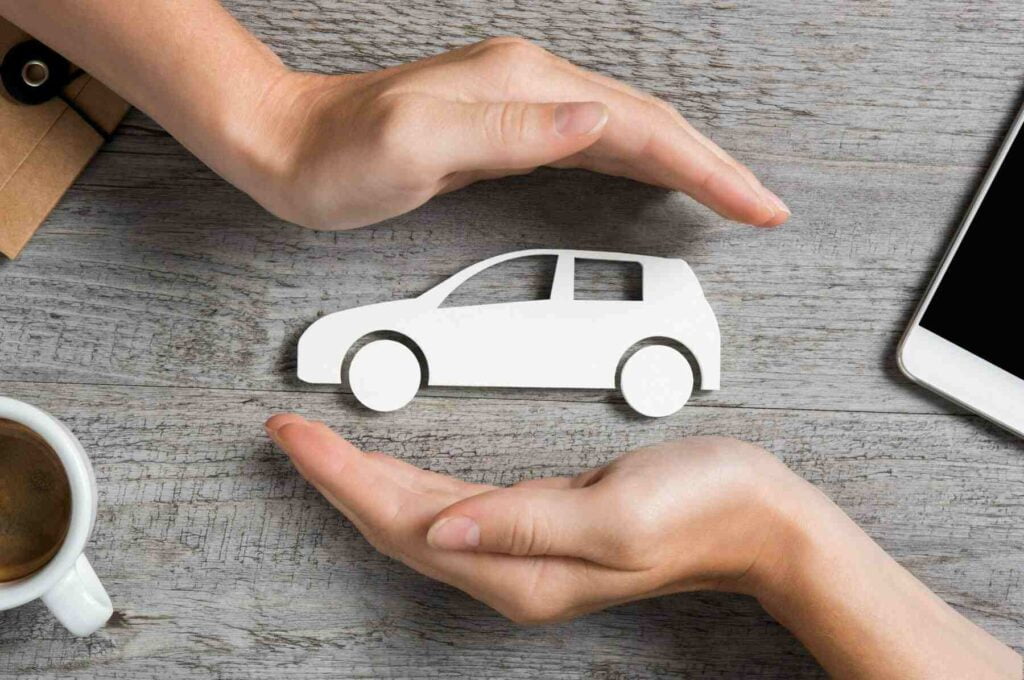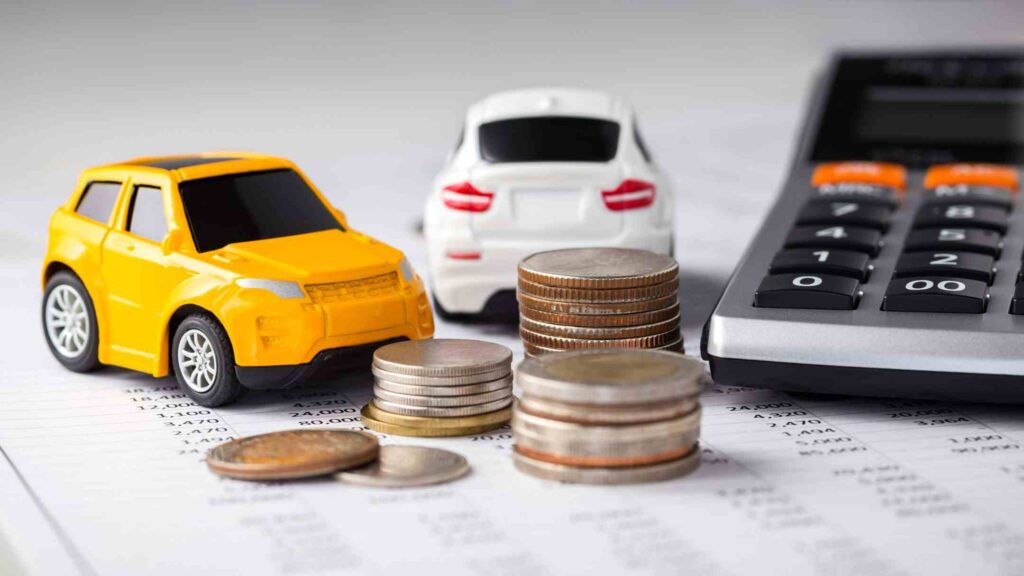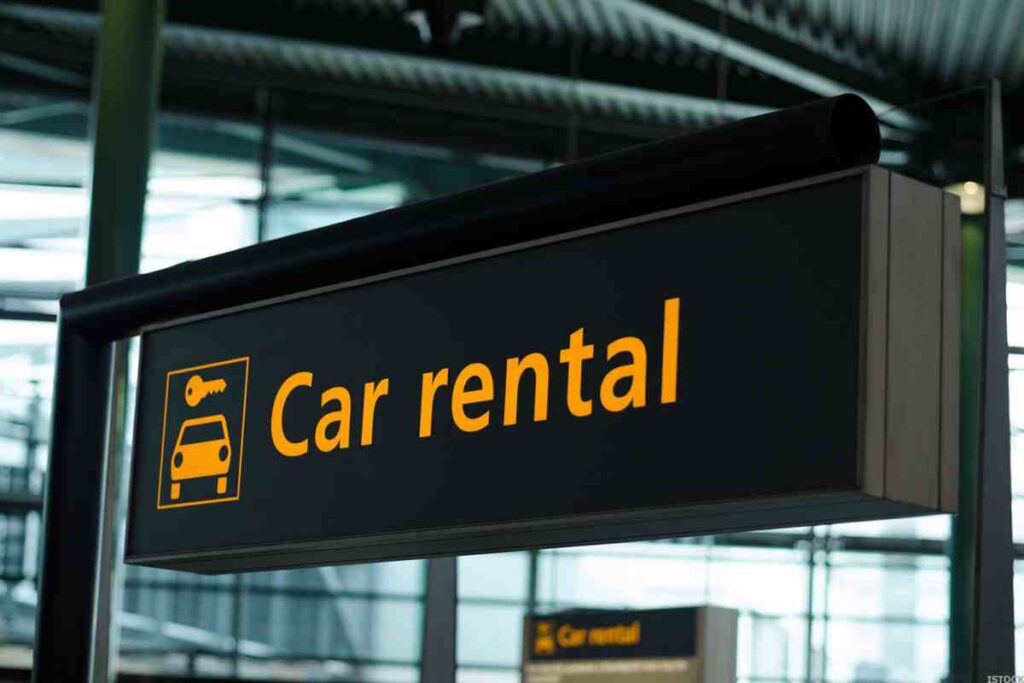In the hustle and bustle of daily life, our cars become like a second home. They take us to work, school, vacations, and everywhere else we need to go. But what happens when our cars take a break? If we’re not driving for a while, do we still need to pay for car insurance?
It’s a question many car owners think about, especially during long periods of inactivity. The idea of ‘pausing’ car insurance during these times can be tempting. After all, why pay for something you’re not using? But, like most things, it’s not that straightforward.
In this article, we’ll explore the idea of pausing car insurance. We’ll look at when it might be possible, what it means, and the different options you have. We’ll also dive into how insurance companies and state laws handle this, the impact on car loans, and the financial side of things. We’ll also guide you through the process of reinstating your insurance after a pause, and address some common questions and misconceptions.
Can You Pause Car Insurance?
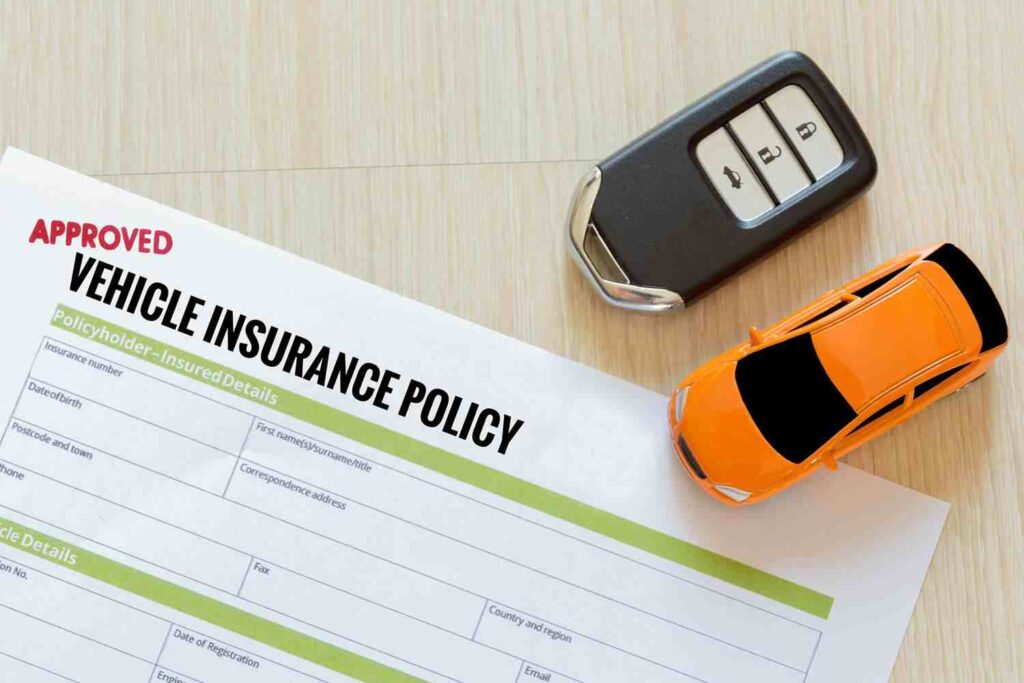
Yes, it is possible to pause car insurance, but the specifics depend on various factors including your circumstances, your insurer’s policies, and the laws of your state.
Car insurance is a legal requirement in almost every state, so you can’t simply “pause” or “freeze” your auto insurance. However, if you’re not planning to drive your car for an extended period, some states and insurance companies may allow you to suspend or reduce your coverage. This could be a good way to save money if your vehicle is going to be idle.
However, suspending your car insurance isn’t as straightforward as pausing a subscription service like Netflix. If your car is under a loan, the lender’s requirements may affect your ability to pause the insurance. Moreover, even if you’re not using your car, you might still want to keep it insured to protect against events like theft or damage while parked.
It’s important to note that if you decide to suspend your insurance, you’ll need to reinstate your coverage before you start driving again. This process can vary depending on your insurance company and may involve some costs.
In conclusion, while it is possible to pause car insurance, it’s a decision that should be made after careful consideration of your personal circumstances, state laws, and insurance company policies.
How to Pause Car Insurance?
Pausing your car insurance involves a few steps and considerations. Here’s a general guide on how to go about it:
- Assess Your Situation: Determine if you truly won’t be using your vehicle for a significant period. This could be due to reasons like extended travel, working from home, or having a secondary vehicle that you use more frequently.
- Check with Your Lender: If your vehicle is financed or leased, contact your lender to see if they allow you to reduce or suspend your coverage. They may require you to maintain comprehensive coverage to protect the vehicle against non-driving related risks like theft or weather damage.
- Understand State Regulations: Verify your state’s requirements for vehicle insurance. Some states may allow you to suspend liability coverage if the vehicle is not being used, while others require continuous coverage.
- Contact Your Insurance Company: Reach out to your insurance provider to discuss your options. They can inform you about the possibility of suspending your coverage, the process involved, and any conditions that may apply.
- Adjust Your Policy: If your insurer allows it, you can request to suspend your coverage. This might involve removing yourself from the policy temporarily or reducing your coverage to comprehensive only, which protects your vehicle while it’s stored.
- Securely Store Your Vehicle: Ensure your vehicle is parked in a secure location during the suspension period. This is often a requirement from the insurance company when you suspend your coverage.
- Document the Changes: Make sure to get written confirmation of the policy changes from your insurer and keep records of all communications and documents related to the suspension of your coverage.
- Plan for Reactivation: Be aware of the process to reactivate your insurance once you’re ready to use your vehicle again. It’s important to avoid any gaps in coverage to prevent legal issues or increased premiums in the future.
Remember, the ability to pause your insurance and the specific steps involved can vary widely based on individual circumstances, so it’s crucial to get personalized advice from your insurance provider.
How to Insure Again After Pausing Car Insurance
Reinstating your car insurance after pausing it involves several steps:
- Understand the Grace Period: Most insurance companies offer a grace period, usually around 30 days, during which you can make up missed payments and reinstate your policy without a lapse in coverage.
- Contact Your Insurance Company: You can reinstate your auto policy by calling your insurance company or contacting them through their website or mobile app. If you pay the premiums you owe within your insurer’s grace period, they will reinstate your policy and you may not have a lapse of coverage on your record.
- Pay the Owed Premiums and Reinstatement Fees: If you are allowed to reinstate your policy, you’ll need to pay the missed premium along with any reinstatement fees.
- Complete Any Required Documentation: Most insurers will have you sign a no-loss statement to ensure you won’t make a claim from the lapsed period.
- Understand The Results of a Lapsed Policy: Since the lapse is on your insurance record, your carrier might reassign you to the high-risk driver category and increase your premium.
- Check with Your Local DMV: After reinstating your insurance, ensure your car registration is valid by contacting your state’s DMV. Submit any required paperwork with updated insurance information.
Remember, the specific requirements for reinstating your car insurance can vary by insurer and state, so it’s important to get detailed information from your insurance provider.
Pros and Cons of Pausing Car Insurance
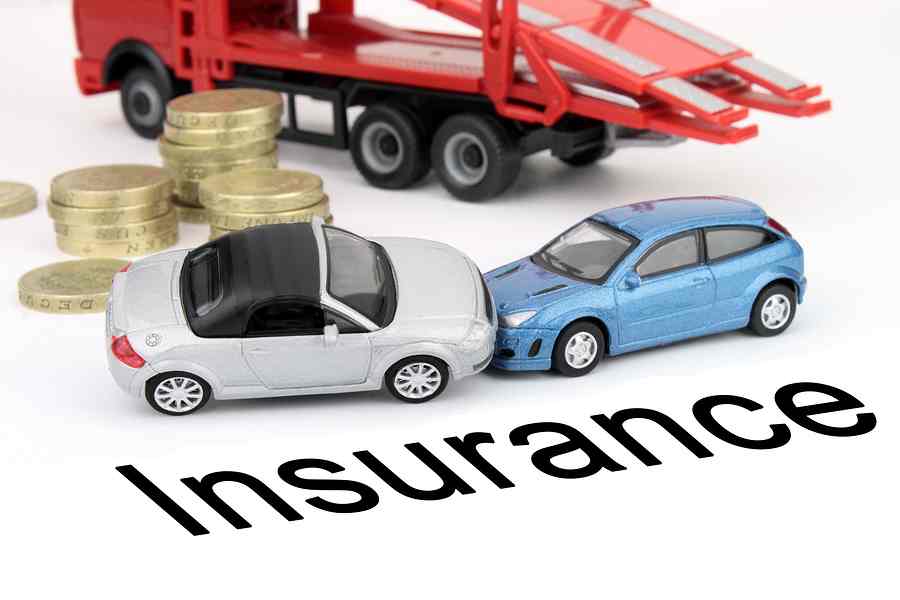
Pausing car insurance can have both advantages and disadvantages. Here are some of the key points to consider:
Pros:
- Cost Savings: If you’re not using your car for an extended period, pausing your insurance can save you money on premiums.
- Flexibility: You have the option to pause your car insurance with any insurer.
- Current Discounts: Pausing rather than canceling can help you maintain any current discounts you have with your insurer.
Cons:
- Lack of Coverage: If your car is damaged or stolen while your insurance is paused, you won’t have coverage to help with the costs. Also, if someone decides to drive the vehicle, it will lack insurance coverage.
- Non-Driving Incidents: The vehicle won’t be covered against non-driving incidents like fire, animal damage, vandalism, or theft.
- Legal and Policy Restrictions: State law might prohibit pausing car insurance. Additionally, your lender or lessor may require you to maintain a certain amount of coverage.
- Potential Fees: Some insurers may charge fees for pausing and reinstating your policy.
- Potential Premium Increase: Some insurers view pausing your insurance as a cancellation, which could lead to an increase in your premiums when you reinstate your policy.
Remember, the specifics can vary depending on your circumstances, your insurer’s policies, and the laws of your state.
Alternatives to Pausing Car Insurance
If pausing your car insurance isn’t an option or doesn’t suit your needs, there are several alternatives you can consider to manage your car insurance costs effectively:
- Reduce Coverage: Lower your coverage limits to the minimum required by your state, which can reduce your premiums while still keeping your vehicle insured.
- Usage-Based Insurance: Switch to a usage-based or pay-as-you-go insurance policy. This type of insurance calculates premiums based on how much you drive, which can be beneficial if you’re using your car less frequently.
- Remove Yourself from the Policy: If you won’t be driving at all but others in your household will, you can remove yourself as a driver from the policy to lower the cost.
- Increase Deductibles: Opt for higher deductibles, which can lower your premium. Just ensure you can afford the deductible in case of a claim.
- Shop Around: Compare quotes from different insurance providers. You might find a better rate or a company that offers a suspension option.
- Discounts: Ask your current insurer about any discounts you may qualify for, such as low-mileage discounts or discounts for safety features on your vehicle.
- Non-Owner Car Insurance: If you sell your car or no longer have a vehicle but still want to maintain some level of insurance for times you might drive, consider a non-owner car insurance policy.
- Seasonal Vehicle Insurance: Some insurers offer seasonal vehicle insurance for cars that are only used during certain times of the year, like convertibles or classic cars.
When Will A Speeding Ticket Show Up on Insurance?
By exploring these alternatives, you can find a solution that keeps you compliant with legal requirements while also fitting your budget and driving habits.
FAQs
Q 1. What happens if I drive my car while my insurance is paused?
Ans. Driving your car while your insurance is paused means you’re driving uninsured, which is illegal and can lead to legal and financial consequences. If you get into an accident during this period, you won’t have any financial protection. Additionally, insurance companies may view gaps in coverage negatively, resulting in higher premiums in the future.
Q 2. How does pausing car insurance affect my no-claims bonus?
Ans. Canceling car insurance can affect your no-claims bonus (NCB), which rewards claim-free periods. NCB accumulation leads to future premium discounts, but canceling insurance might reset NCB to zero, resulting in higher premiums later.
Q 3. Does pausing car insurance affect my credit score?
Ans. Canceling your car insurance is unlikely to directly affect your credit score. However, there are some indirect ways in which it could impact your credit score. For example, if you have any outstanding premiums when you cancel your policy, your insurer might send the unpaid amount to collections, and that could negatively impact your credit score.
Q 4. Can I pause my car insurance if I’m selling my car?
Ans. Yes, you may have the option to temporarily suspend your car insurance instead of canceling it if you’re selling your car. However, you’ll need to reinstate your coverage before you start driving again.
Q 5. What’s the difference between pausing car insurance and canceling it?
Ans. Pausing or suspending car insurance essentially means you’re temporarily stopping your policy but not canceling it, saving you from a lapse in coverage. On the other hand, canceling your auto insurance means ending your coverage in its entirety.
Q 6. How often can I pause and reinstate my car insurance?
Ans. There is generally no set time limit on how long you can suspend your liability coverage but you must restore your coverage before you begin driving your car again. However, some insurers may only allow you to reduce coverage for a month at a time.
Conclusion
In conclusion, the decision to pause car insurance is not one to be taken lightly. While it may seem like an attractive option for saving money when you’re not using your car, it’s important to consider all the implications. From potential gaps in coverage to legal and policy restrictions, there are many factors to weigh.
Alternatives such as reducing coverage, switching to usage-based insurance, or seeking discounts can often provide a more balanced solution. Remember, every situation is unique, and what works for one person may not work for another.
The most important thing is to stay informed and choose what’s best for your needs. Talk to your insurance provider and make sure you understand all the implications before making a decision.

Join Shubham, a finance enthusiast with a mission to empower readers with the knowledge and tools to achieve financial freedom. Discover smart financial advice and unlock your financial potential.
